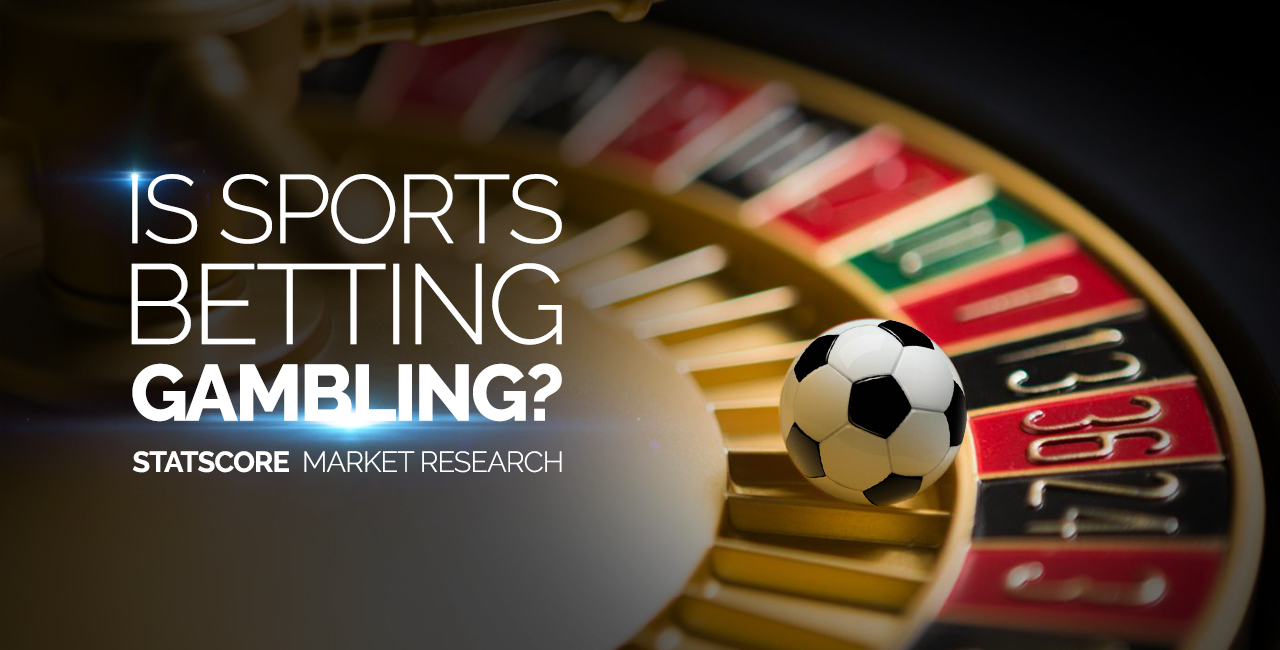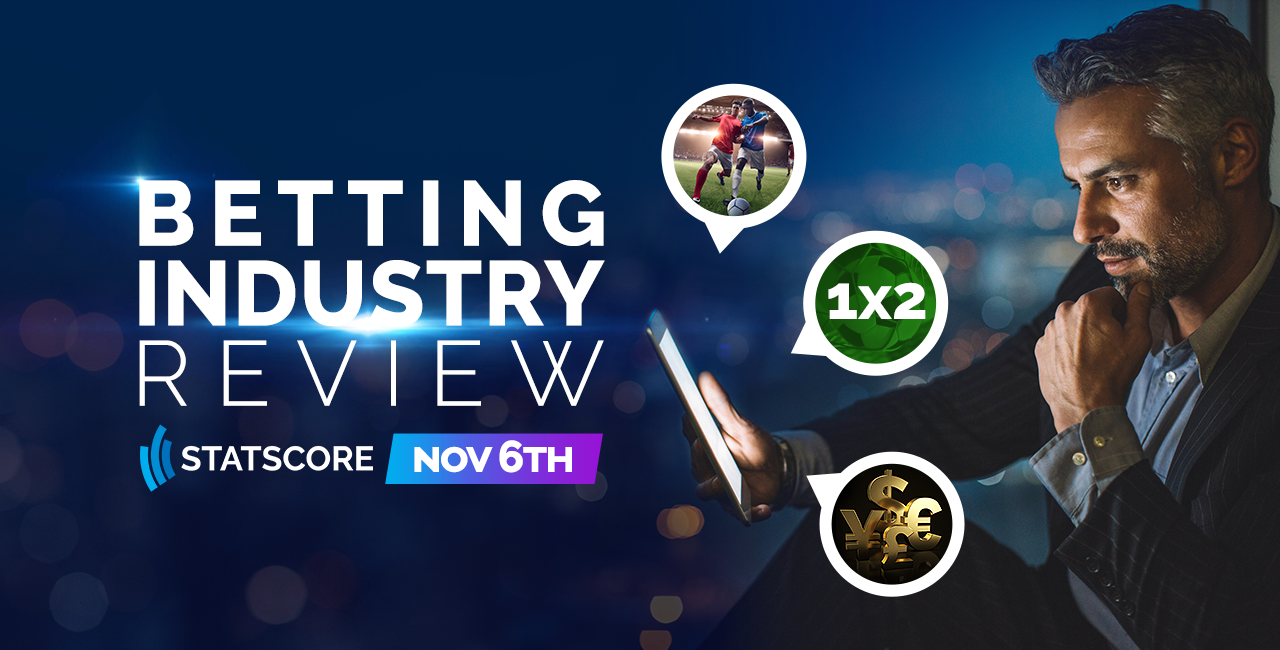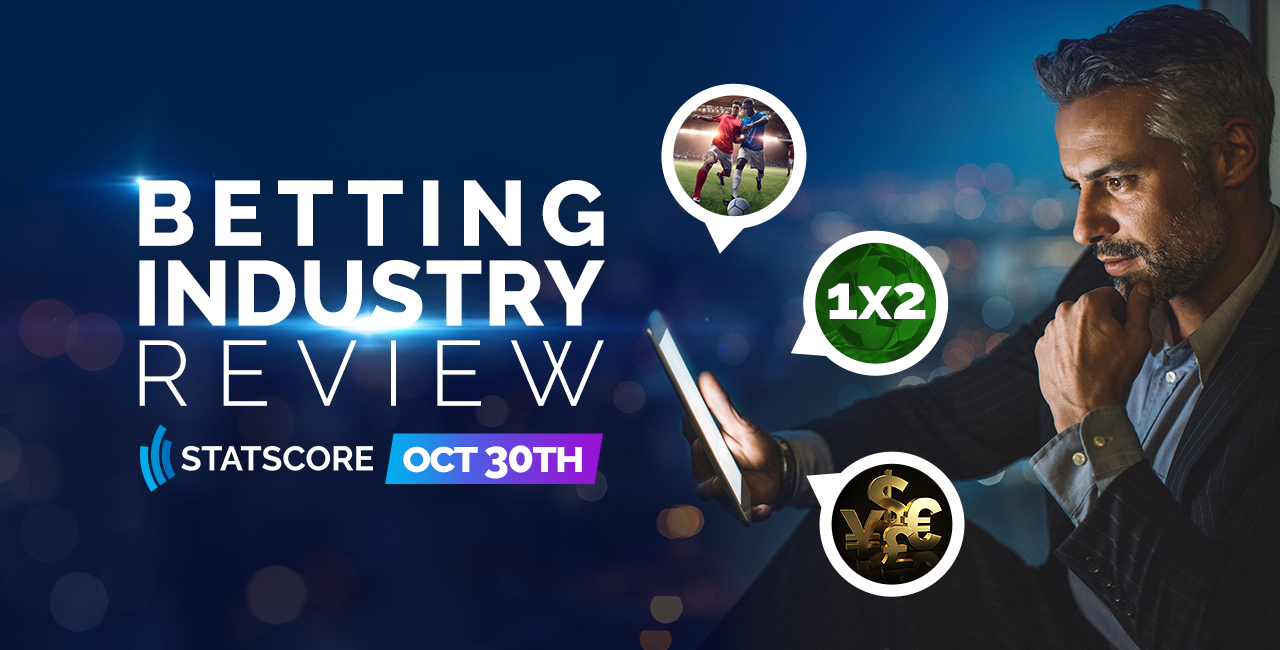If you have ever browsed forums and discussion groups on sports, it’s almost certain that you found discussions about betting. Most of them concern predictions and tips, but from time to time they take different turns. More academic, philosophical or even psychological. Learn more with STATSCORE.
Some people wonder if sports betting is in fact gambling. There are two main opinions here. According to the first one, it definitely is gambling, because you try to predict the outcome of an event in the future, on which you don’t have any influence. The second group claims that betting is not gambling, because it is based mainly on skills, in contrast to, for example, roulette, where everything depends on fate. Who is right in the end? Let’s try to figure it out.
At the beginning of this contemplation, it is worth to introduce the history of the phenomena of our interest to learn more about when and how both of them started. After that, we’ll try to define what exactly gambling and betting are.
When have gambling and betting started?
History and archaeology tell us that gambling could be traced back to the beginnings of human culture. First dice have been discovered in former Mesopotamia, and when it comes to sports betting, we know that ancient Greece was considered the capital of betting. In fact, during the first Olympic Games, wealthy members of the society bet with each other on who would win competitions in wrestling or chariot racing.
Definitions of gambling and betting
By definition, gambling consists of three elements: consideration, risk and prize. In other words, gambling is wagering one’s own property on an event with an uncertain ending, in order to obtain a material benefit.
In sports betting, a player aims to predict an event (e.g. the final result of a match) in a real-life sporting event, and win some money on that event. So the final outcome is related to something that will happen in the real world.
Sign up for our weekly newsletter and stay updated!
What are the differences between gambling and sports betting?
At first glance, due to the fact that sports betting is associated with real-life events, its advantage is that it is possible to check facts, history, statistics and learn specifics of a given sports discipline, teams’ tactics and strategy, to know a lot about squads, injuries or pitch conditions. And this is the main argument of sports betting advocates who say that it is not gambling.
Admittedly, the roulette result cannot be predicted on the basis of facts. The game is completely random and all calculations are based only on mathematical statistics. There are, of course, games that can be placed somewhere between these two extremes, like poker, which has elements of both types. So what about them?
Read more: Why online gambling beats casinos
The clue to the solution is to assume that there are different forms of gambling. The difference lies in what they are based on.
There are two main types of gambling:
- Chance-based
- Skill-based
As it was mentioned earlier, some games depend completely on fate, while in others, knowledge, historical data or the latest facts are more important. For example, we will clearly know that Manchester City should have more chances in a Premier League match against Norwich weakened by several injuries. And they would probably win in most cases, anyway.
Specific games only have different proportions of these two factors. It means that even the most-predictable sport has some random factor in it, like weather or the course of a game itself. This is what makes sports betting gambling in most of the definitions and people’s thoughts.
As an example, let’s think about the historic game between Celtic and FC Barcelona. Everyone knew that Barca would be likely to have the advantage of ball-possession and to create scoring opportunities. But probably no one, besides the biggest Celtic fans, would have predicted the exact result correctly, not even the fact of Celtic’s victory that evening. That’s something called the beauty of sport – the factor of unpredictability or luck. There are other cases we could analyse here. Of course, there were some people who won big money thanks to Leicester winning the Premier League in 2016, but to be honest – has any one of them based their tips on the knowledge and analysis or rather on their boundless love for the club (or maybe just playing for fun)?
Keep your betting business running with STATSCORE!
But there is an opposite point of view. Because if gambling is every activity what includes one of these factors: stake, risk, unknown ending or uncertain outcome, then almost every life decision should be named gambling. Starting with walking across the street, through taking up a new job, to making an investment in any financial instrument. Each of these activities includes these same factors as gambling.
People are in “gambling” situations each day in their life – let’s just consider exceptional situations like coincidences and risky decisions made on the basis of an inefficient assessment of probability in everyday life. Especially when it comes to coincidences, a lot depends on the point of view – and this is a very subjective factor. So how to assess the risk or chance of a given event in such circumstances?
When does gambling start?
So there is another issue here, this time – the naming. Where is the boundary between gambling and real-life decisions, conscious but uncertain or risky as they might be? The following definition of gambling could be a valuable complement to such considerations:
Anything that crosses the threshold of what an individual is ready to lose is gambling.
From this it would follow that gambling is not a specific activity (no matter if it is poker, sports betting or walking across the street), but rather a specific level of one’s awareness and control of the decisions, risks and stake.
After all, human tragedies and forfeited assets were seen in every field – in the casinos, betting shops, stock markets and businesses. Everywhere there are people who have no control or cannot calculate the risk or the amount of money at stake.
Sign up for our weekly BETTING INDUSTRY REVIEW to stay updated with the latest trends and key developments in the world of sports data and betting. You can do it by filling the form below.
PROCESSING OF THE DATA
Pursuant to Article 13.1–13.2 of Regulation (EU) 2016/679 of the European Parliament and of the Council of 27 April 2016 on the protection of natural persons with regard to the processing of personal data and on the free movement of such data, and repealing Directive 95/46/EC (“GDPR”), we would like to inform you as follows:
1) STATSCORE Sp. z o.o. with its registered office in Katowice 40-012 at ul. Dworcowa 2 is the controller of your personal data.
2) Your personal data will be processed for the purposes of the product trial process – in accordance with Article 6.1(a)–(b) of the GDPR.
3) Furnishing the personal data requested by STATSCORE about yourself is voluntary.
4) Your personal data will be retained for the duration of the Product development term but for no less than the retention period required under the law.
5) Your personal data will not be subject to automated decision-making or profiling.
6) You have the right to access the personal data held about you and to have your data rectified or erased or to restrict or to object to the processing as well as the right to data portability. If your personal data is processed under Article 6.1(a) of the GDPR (i.e. processed on the basis of the consent you have given to the processing), you may withdraw your consent at any time without any impact on the lawfulness of the processing carried out before your consent was withdrawn.
7) You may lodge a complaint in respect of the processing of the above data to the President of the Office for Personal Data Protection (PUODO).




